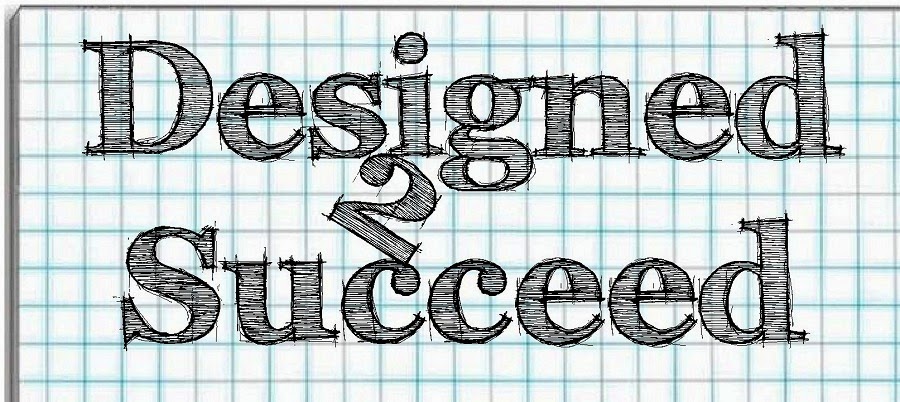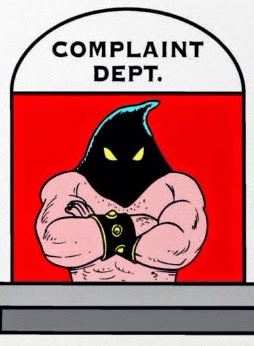Becoming "Unplugged"
©Scott D. Wilson 2014
"It is both beneficial, noble and healthy to be an idealist and to pursue improvement. It is however naïve, delusional and unhealthy to expect others to equally adopt and reflect these same ideals"
As of late, the contrast between ideals and expectations seems to be surrounding me. I see it's effect on so many lives. Our understanding of our surroundings dictates not only how we see the world but also what we expect from it. Because our world is all around us all the time we take much of it for granted. One big mistake that we all make daily is to assume that others experience and understand life in a manner similar to our own.
For example, we might value kindness and seek to be kinder. We then expect all others around us, say family, friends, acquaintances and co-workers, to operate from the same principle. Is this realistic? It is even fair? If someone had been abused throughout much of their life with little exposure to gentleness then their view of kindness might be drastically different than someone who has been raised in a nurturing and caring environment. It would be unreasonable to hold these two examples to the same standard of kindness.
I would like to use a more concrete example. What about expecting others to view weight loss and our need to be healthier in the same way that we do? I am a moderator on a web site that helps people to change their lifestyle, lose weight and become healthier. Many people who come to the site are puzzled and even upset when their friends, family and colleagues are ambivalent, questioning or even adverse towards their efforts to lose weight and get healthier. It greatly perplexes them that all their associations are not synchronized with their beliefs about becoming healthy. Why wouldn't they want them to become fit?
The answer to this question is not all that surprising but most fail to see it. The reactions of our associates are not about us as individuals. Their reactions are a reflection upon themselves. The average person is unfortunately fairly insecure and unrealistically self-conscious. They view the world as somewhat hostile and antagonistic, hence the common idiom "It's a jungle out there." They are keenly aware of all their flaws and failings and the world tends to remind them that they are not smart enough, pretty enough or successful enough.
To protect themselves from depression and despair most people rationalize their current state. Success is for the few, the fortunate and the favoured. It is not their fault that they are fat, poor or whatever. That is just the unlucky hand that life has dealt to them. Unfortunately, this view is continuously challenged by those who rise above their circumstances. Remarkable people remind us all that we actually have the ability to take control of our lives. The common man or woman does not want to acknowledge this because it would mean that they are responsible for their life and where they are presently. This realization does not empower them to act. It makes them despair.
Our gut reaction to any death or trauma is denial. It does not matter if it is the death of someone close or the death of a cherished excuse. The reaction is the same. And so it is that when anyone begins to shed their self-loathing and self-imposed limitations that others do not immediate cheer them on but instead seek to remind them of who they are and why they are that way. Those closest to us may actually react the most harshly because they know our history and therefore it is easier to deny our changes than to accept them.
In the movie "The Matrix" the reality of this situation is driven home in a visible manner. The heroes are those who have been 'unplugged' from the Matrix and who have come to liberate all the rest of the people whose minds are enslaved. The 'Agents' represent the system that seeks to deceive and oppress mankind. What is interesting is that Agents always manifest through the people that are still connected to the Matrix. Our protagonist, Neo is warned:
"The Matrix is a system, Neo. That system is our enemy. But when you're inside, you look around, what do you see? Business men, teachers, lawyers, carpenters. The very minds of the people we are trying to save. But until we do, these people are still a part of that system, and that makes them our enemy. You have to understand, most of these people are not ready to be unplugged. And many of them are so inured, so hopelessly dependent on the system, that they will fight to protect it."
The same holds true for us. When we unplug from the belief that success is for the special people we immediately become enemies of system of belief that surrounds us. When we begin to demonstrate commitment to improve and overcome we become a thorn in the side of those who seek to remain the same. We are adversaries to the safety of the status quo and those who rely on it will oppose us.
An form of self-actualization makes us a target. So whether it is losing weight, starting a business, quitting a thankless job or any other noble ideal we should not be surprised by opposition even when it comes from those closest to us. It simply is not fair to expect them to see things as we do. They have not come to the same awareness. Please understand their fears and insecurities and don't be surprised if they react unkindly. Remember, they are not 'unplugged' yet.
“Great spirits have always encountered violent opposition from mediocre minds.” ― Albert Einstein







